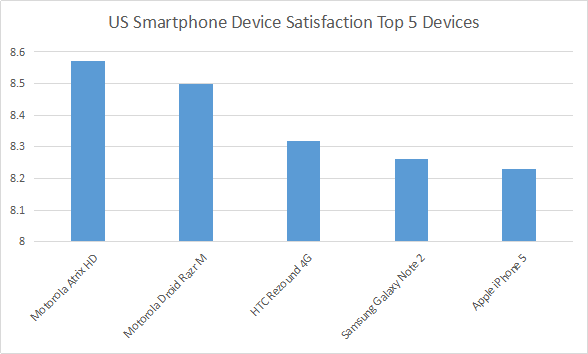1.
The passage below is accompanied by a set of six questions. Choose the best answer to each question.I used a smartphone GPS to find my way through the cobblestoned maze of Geneva's Old Town, in search of a handmade machine that changed the world more than any other invention. Near a 13th-century cathedral in this Swiss city on the shores of a lovely lake, I found what I was looking for: a Gutenberg printing press. "This was the Internet of its day — at least as influential as the iPhone," said Gabriel de Montmollin, the director of the Museum of the Reformation, toying with the replica of Johann Gutenberg's great invention.Before the invention of the printing press, it used to take four monks up to a year to produce a single book. With the advance in movable type in 15th-century Europe, one press could crank out 3,000 pages a day. Before long, average people could travel to places that used to be unknown to them — with maps! Medical information passed more freely and quickly, diminishing the sway of quacks. The printing press offered the prospect that tyrants would never be able to kill a book or suppress an idea. Gutenberg's brainchild broke the monopoly that clerics had on scripture. And later, stirred by pamphlets from a version of that same press, the American colonies rose up against a king and gave birth to a nation.So, a question in the summer of this 10th anniversary of the iPhone: has the device that is perhaps the most revolutionary of all time given us a single magnificent idea? Nearly every advancement of the written word through new technology has also advanced humankind. Sure , you can say the iPhone changed everything. By putting the world's recorded knowledge in the palm of a hand, it revolutionized work, dining, travel and socializing. It made us more narcissistic — here's more of me doing cool stuff! — and it unleashed an army of awful trolls. We no longer have the patience to sit through a baseball game without that reach to the pocket. And one more casualty of Apple selling more than a billion phones in a decade's time: daydreaming has become a lost art.For all of that, I'm still waiting to see if the iPhone can do what the printing press did for religion and democracy...the Geneva museum makes a strong case that the printing press opened more minds than anything else...it's hard to imagine the French or American revolutions without those enlightened voices in print...Not long after Steve Jobs introduced his iPhone, he said the bound book was probably headed for history's attic. Not so fast. After a period of rapid growth in e-books, something closer to the medium for Chaucer's volumes has made a great comeback.The hope of the iPhone, and the Internet in general, was that it would free people in closed societies. But the failure of the Arab Spring, and the continued suppression of ideas in North Korea, China and Iran, has not borne that out. The iPhone is still young. It has certainly been "one of the most important, world-changing and successful products in. history," as Apple C.E.O. Tim Cook said. But I'm not sure if the world changed for the better with the iPhone — as it did with the printing press — or merely changed.The printing press has been likened to the Internet for which one of the following reasons?
Show Similar Question And Answers
 Source: 92.825 US mobile users, July 2012 - January 2013
Fortunately, those questions were answered by OnDevice Research’s representative. He explained that the survey was conducted on mobile web where the survey software could detect the taker’s device and since user’s rate their satisfaction levels on a 1 to 10 scale, thanks to the Nexus device, Google was included.If you analyze the three reports above, which of the following statements would be the best inference?
Source: 92.825 US mobile users, July 2012 - January 2013
Fortunately, those questions were answered by OnDevice Research’s representative. He explained that the survey was conducted on mobile web where the survey software could detect the taker’s device and since user’s rate their satisfaction levels on a 1 to 10 scale, thanks to the Nexus device, Google was included.If you analyze the three reports above, which of the following statements would be the best inference? Powered By:Omega Web Solutions
Powered By:Omega Web Solutions